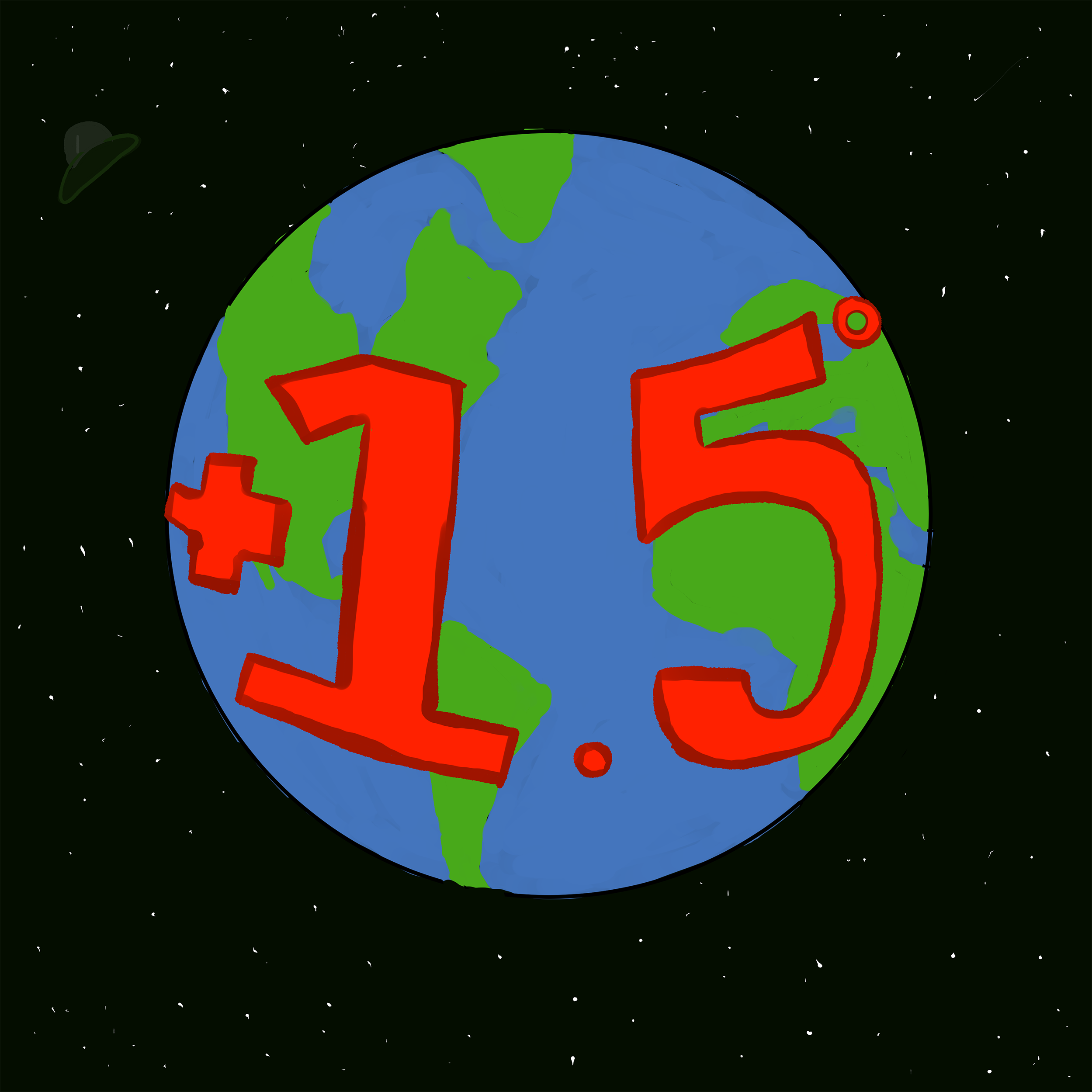As world leaders drop the ball, countless activists step up their game.
Despite setbacks, the COP 26 proves that climate change is no longer just about climate.
A “dangerous lack of urgency” were the words of President Obama as he spoke before the COP 26th UN Climate Conference in Glasgow, Scotland on Nov. 8. He said these words in reference to China and Russia’s failure to attend the conference and their failure to adopt climate-friendly national plans.
President Obama also referenced the failures of Brazil, South Africa, India and Indonesia, condemning them for their willingness to maintain “the status quo.” He went on to praise wealthy western countries like the United States, Canada and the U.K. for rising to meet their own commitments made in the 2016 Paris Climate Agreement.
Later in the speech, Obama states that “…most nations have failed to be as ambitious as they need to be…the ratcheting up of ambition that we anticipated in Paris six years ago has not been uniformly realized.” While this does imply that every nation could be doing a lot better, the general tone of the speech remained: Countries like the U.S. and the U.K. are doing their part, whereas other poorer countries are not.
According to daily stories from DemocracyNow! covering the conference, many people in Glasgow, both inside the conference and outside in the streets, disagree with President Obama. They view his remarks as hypocritical and deceptive.
Many see a repeat of the Paris Climate Agreement. Lots of famous and powerful people, using flowery words and broad statements to give nothing but half promises at best, and empty ones the rest of the time.
Many of those protesting on the streets of Glasgow are activists from the Global South, a region which is already experiencing extreme upheaval caused by climate change. Activists like Evelyn Achman, co-leader of Uganda’s Rise Up movement, speak of their nation’s plight outside of COP 26. “People are dying from floods, disasters like droughts that are drying up people’s crops…Uganda heavily depends on agriculture for food and water…That means people are left hungry, with nothing to eat or nothing to drink.”
Uganda is a country that contributed only .13 tons of carbon dioxide emissions in 2019 according to recent statistics published by Our World in Data. This is not an uncommon trend for the Global South.
Poorer countries are less industrialized, and countries with lower industrialization produce less CO2. Yet due to their geographic locations in the naturally warmer southern region of the globe, countries like Uganda are the ones being hit first and hardest by changing climate conditions.
According to figures posted by The Guardian, the Global North is responsible for 92 percent of excess carbon dioxide emissions since the dawn of the industrial age.
The Cost of War Project estimates that the U.S. military alone has produced 1.3 billion tons of carbon emissions between 2001-2017, making it a larger polluter than 140 countries combined. Yet, military exemptions have always been a prerequisite to any U.S. involvement in past negotiations.
President Obama was steering the ship through eight years of that time period. It is not hard to imagine why many activists like Achman on the streets of Glasgow are somewhat less than inspired by the former presidents’ assurances of action.
Youth activists like Greta Thunberg describe COP26 as a failure. She said, “This is not a conference; this is now a Global North greenwashing festival”
The COP26 Conference is being met with condemnation and calls to action from inside as well.
A letter signed by 46 million health workers worldwide and presented to the COP26 president, warns of skyrocketing health complications caused by climate change and air pollution. A coalition of mothers representing 500 parent groups from 44 countries also presented a similar letter, calling for action.
Dr. Jeni Miller, Co-Chair of the WHO Civil Society Working Group on Climate and Health claims an air pollution death toll of 7 million people a year. She stated in an interview with DemocracyNow! that “Malaria, Dengue and Lyme disease are spreading into new regions, as a result of changing humidity, changing ecosystems and changing weather patterns.”
Despite the promises of world leaders, COP 26 has been only a minor improvement on the events of the Paris Conference in 2016.
Key agreements on future coal extractions have been dialed back. President Biden’s failure to pass significant portions of his climate agenda have seriously stripped global confidence, not only in the U.S. but in the prospect of global commitments as well.
I think it can be far too easy to feel nothing but despair and hopelessness. I have certainly been struggling with it.
However, I think there is more cause for hope than it seems. Climate change is no longer just a fringe environmental issue, but a global health and humanitarian issue as well. Those who dismiss the warnings now have to contend not only with the scientific community, but those of the medical community also. Those who fear unchecked immigration now must consider climate change as a key factor in the growing refugee crisis coming from the Global South.
Even if the leaders of Global North are dragging their feet and committing halfheartedly. The streets of Glasgow are filled with hundreds of thousands who are not. People who have put their lives on hold and traveled across the world to fight for what’s right.
We today are facing a seemingly hopeless struggle. I do not think there will be an easy solution coming anytime soon. For those of us under thirty, this struggle will likely encompass our entire lifespan.
Yet I don’t think we should look to failing leaders and see everything they are not doing. We should look to the activists in Glasgow and everything they are doing. We should focus on admiring their commitment, but more importantly, emulating it in any way we can.


